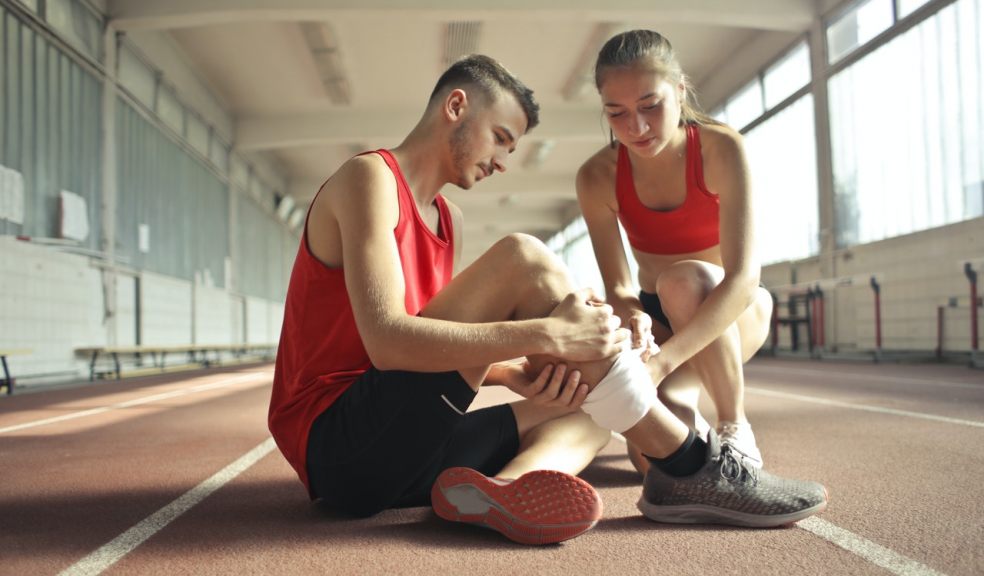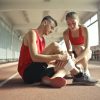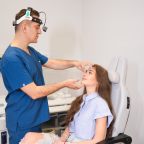
What causes your calves to hurt when running?
If you were somebody like myself that love to run, you'd agree there are some days, say with complimenting weather, that you just continue to run and run, religiously following your fitness schedule.
And also, there'd come some days which this routine would suffer a great deal, maybe owing to unfavorable weather conditions. It's normal to be particularly bothered about your fitness level, but the focus should be also placed on the deconditioning that'd happen to muscles.
They pay the price of the inconsistencies. And the soreness from these muscles - calves’ muscles - could make even walking, talk-less of running, hurtful.
In this article, we'd be looking at what causes your calves to hurt when running, so you could have a perfect understanding, and also offer coping strategies - management and prevention - so you could get back to running and staying active. You can also wear durable and comfortable running shoes for calf pain.
But before delving into that, it's critical to understand the function of the calves muscles. Calves muscles are essentially the gastrocnemius and soleus, situated just below the knee, at the posterior side of the leg.
They're a collective group and also work as one by inserting into the Achilles tendon. Calves muscles help with forms of movements which include running, walking, jumping, climbing stairs and more. It has a not dismissible role in the day to day activities of humans. This said we can now talk about why you've mild to severe calves pain when running.
Why your calves hurt when running?
Overloading your calves muscles
Calves muscles are relatively strong and powerful muscles. But, this is not to say overloading them beyond limit would not cause a harm. There's a thin line between the strength and potential damage, this line which could be influenced by many factors, however when crossed could have serious implications. Repetitive stress without an adequate interval of rest, sudden increase of intensity of exercise, or prolonged duration of exercise, could lead to a cross of the strength to damage line. It manifests as a gradual onset of pain, and if not properly managed, could get worse - lead to tendonitis - and might require a tailored months of rehabilitation.
Calves muscles weakness/flexibility
The strength of calves muscles is very important in ensuring your calves do not hurt when running. This would take the constant dedication of time to strength-building exercises. If muscles are weak, the limit would be easily reached and pain would set in cheaply. Also, flexibility matters too. If you've calves tightness while running, you're at more risk of stressing your muscles, which would expose you to pain and some other foot injuries.
Sciatica
Sciatica is irritation or damage to the sciatic nerve. Sciatic nerve takes origin from the spinal cord, runs down the hip, buttocks and leg. It's a long nerve, and irritation at any point could result in pain in the leg - particularly the calves. This is usually associated with an existing back or neural problems. Pain could be sharp, burning or shooting, and could come with other neurological deficits like numbness, tingling, or paresthesia.
Chronic exertional compartment syndrome
This is a medical condition, a painful experience, which is as a result of build-up of pressure to dangerous levels in the muscles compartment. The pressure could hinder the flow of blood, and a resultant decrease in nourishment for the muscles. It's usually exhibited by swelling. Chronic exertional compartment syndrome is usually caused by a continuous athletic exertion, and can easily be addressed by immediate discontinuation of the exercise.
Conclusion
I know how displeasing and discouraging it could be to have a hurtful calves anytime you run. What causes your calves to hurt when running are not so far fetched - as I've summarized in this article. It's only on you to ensure you're not in the risk zone so as not to predispose your calves muscles to damage that'd limit or affect your running routine.




















